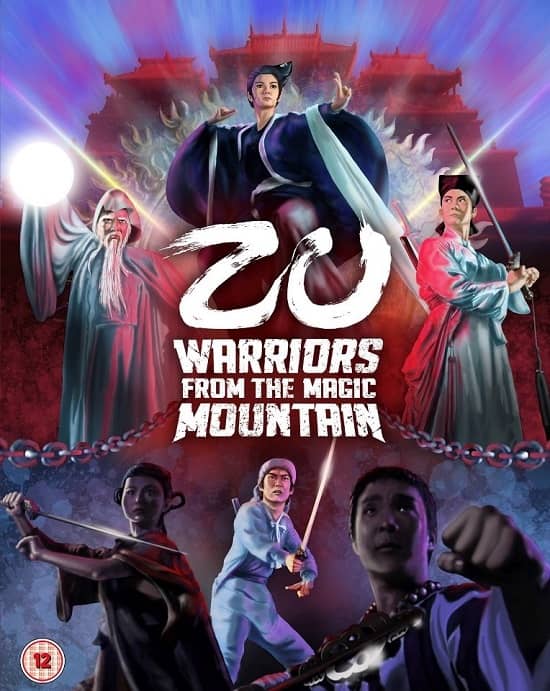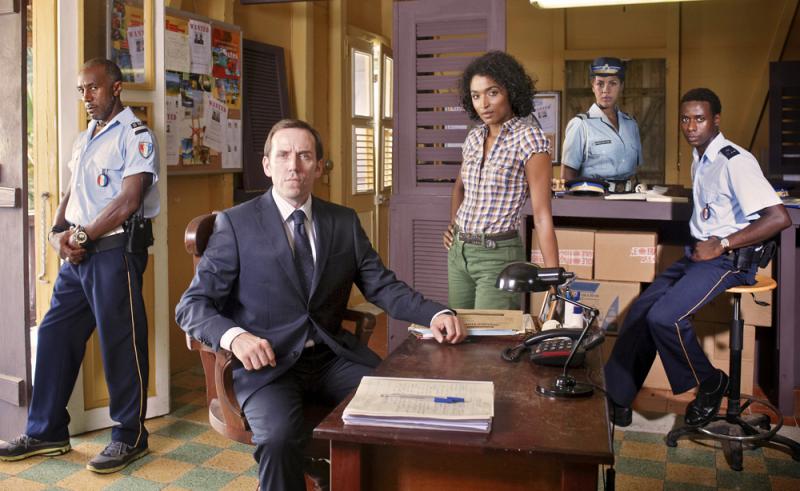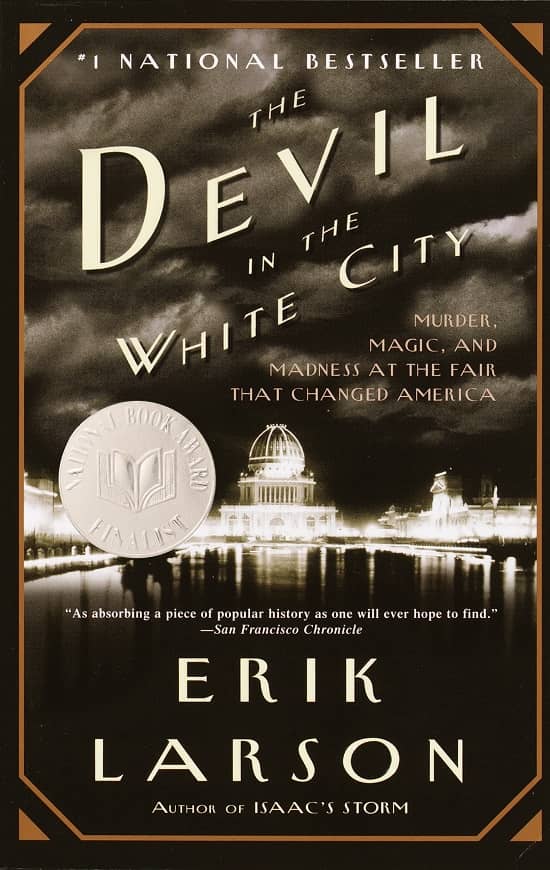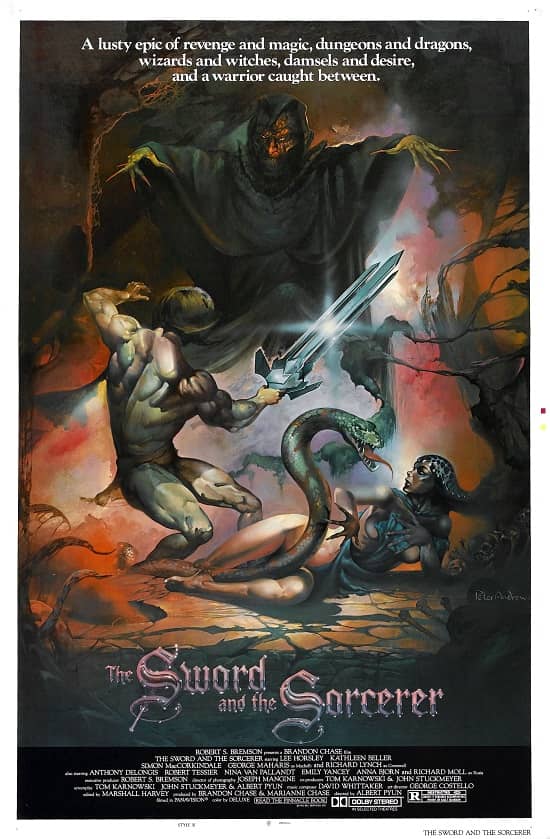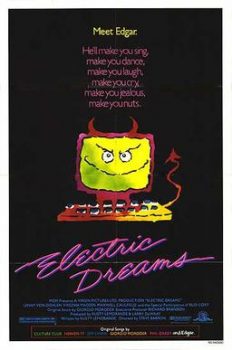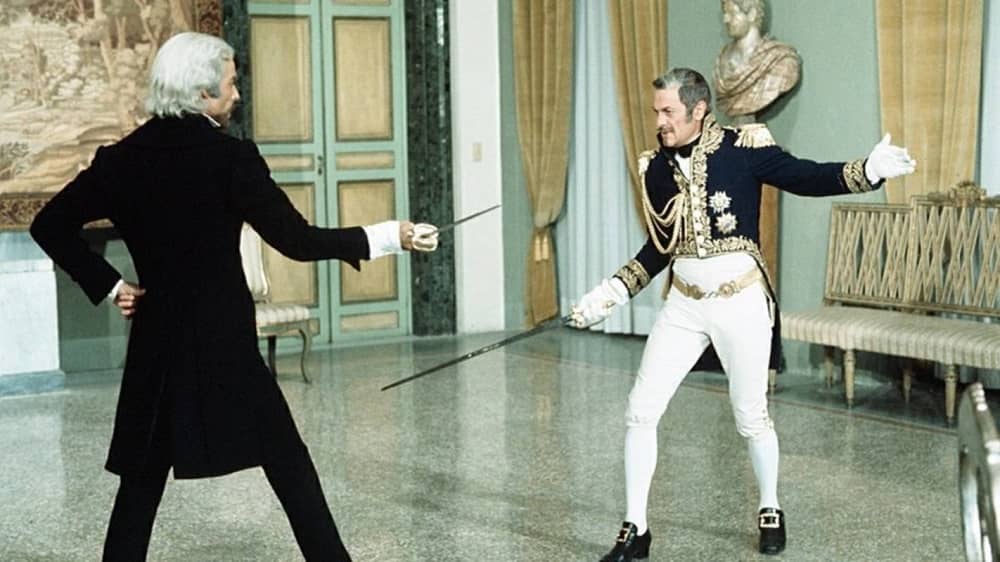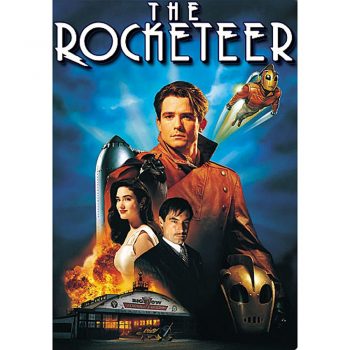Now Streaming: Sliding Doors
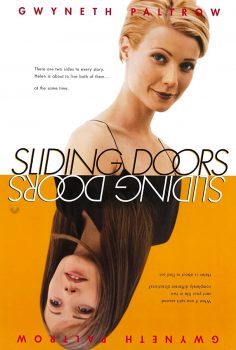
Although the 1998 romantic comedy Sliding Doors starring Gwyneth Paltrow, John Hannah, John Lynch, and Jeanne Tripplehorn may not immediately spring to mind as a science fiction film, it is one of the two micro-alternate history films that can be used to really explore the concept of alternate history on the personal level, the other being the 1946 Christmas Classic It’s a Wonderful Life.
Both films focus their attention on how things would have been different if things had worked out differently. In George Bailey’s case, Clarence shows him what Bedford Falls would have been like if he had never been born. Sliding Doors explores two alternatives for Paltrow’s Helen.
The film opens with Helen (Paltrow) heading into her public relations office for a normal day. When she arrives and learns that she has been fired on trumped up charges, she heads back home. The film shows her both catching her train and missing the train by moments, setting into motion the branching timelines for Helen’s life.
In the world in which she catches her train, she meets James (Hannah) who tries to jolly her out of her funk. He fails and she returns to her apartment to discover that her boyfriend, Gerry (Lynch) is having an affair with Lydia (Tripplehorn). Fleeing the apartment, she eventually finds herself staying with her friend Anna (Zara Turner) and bumping into James again in a local restaurant. Over the next several weeks, she and James become friends, and possibly more, and he encourages her to open her own public relations firm.
In the world in which she misses her train, Helen decides to take a cab home and finds herself on the wrong end of a mugging. Stopping off at the hospital, by the time she gets him, all evidence of Gerry’s affair is long gone. While Gerry continues to struggle with his novel, Helen begins working two jobs to try to make ends meet. Gerry continues his affair and also gaslights Helen whenever she begins to question him about things.
